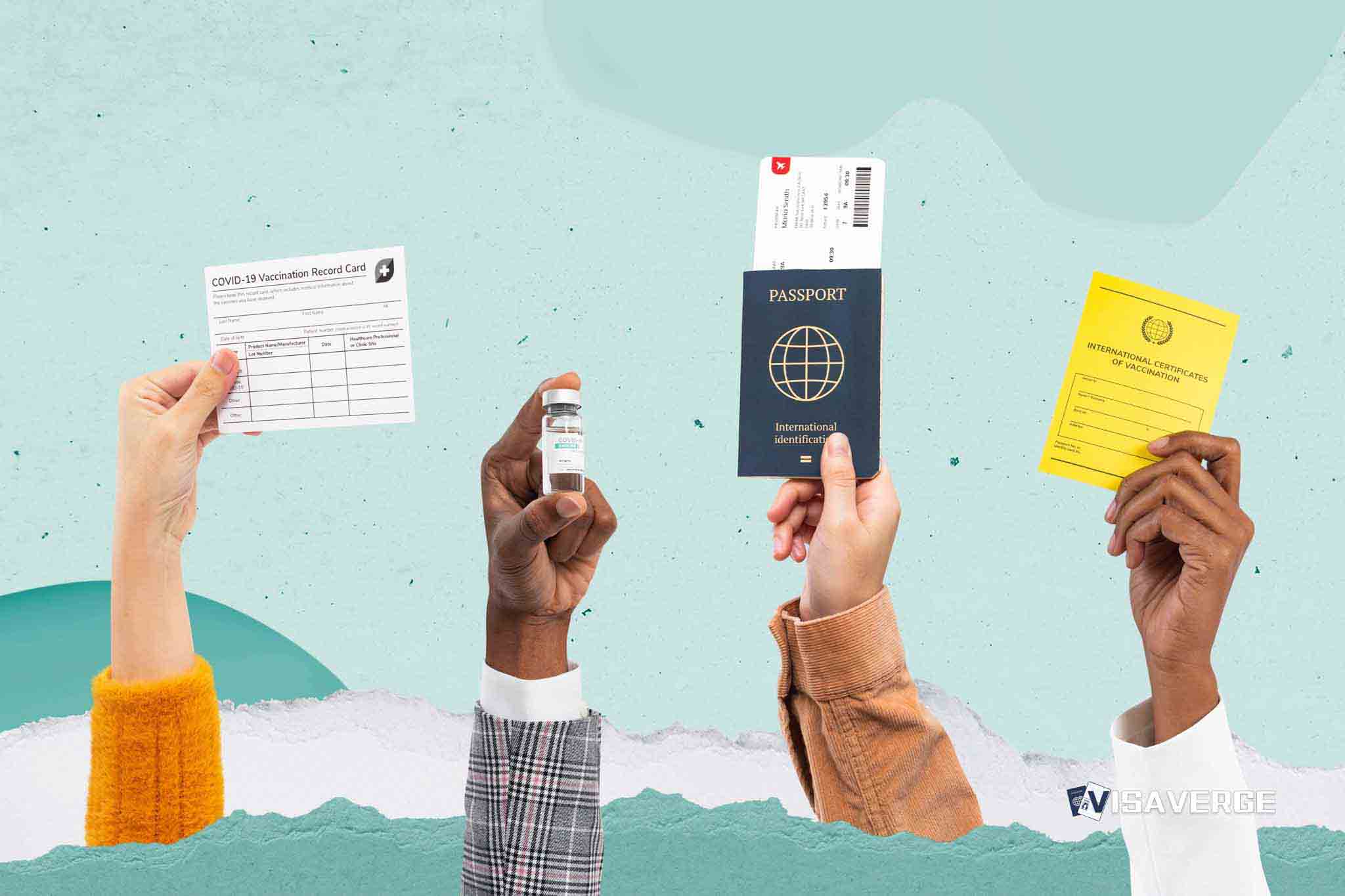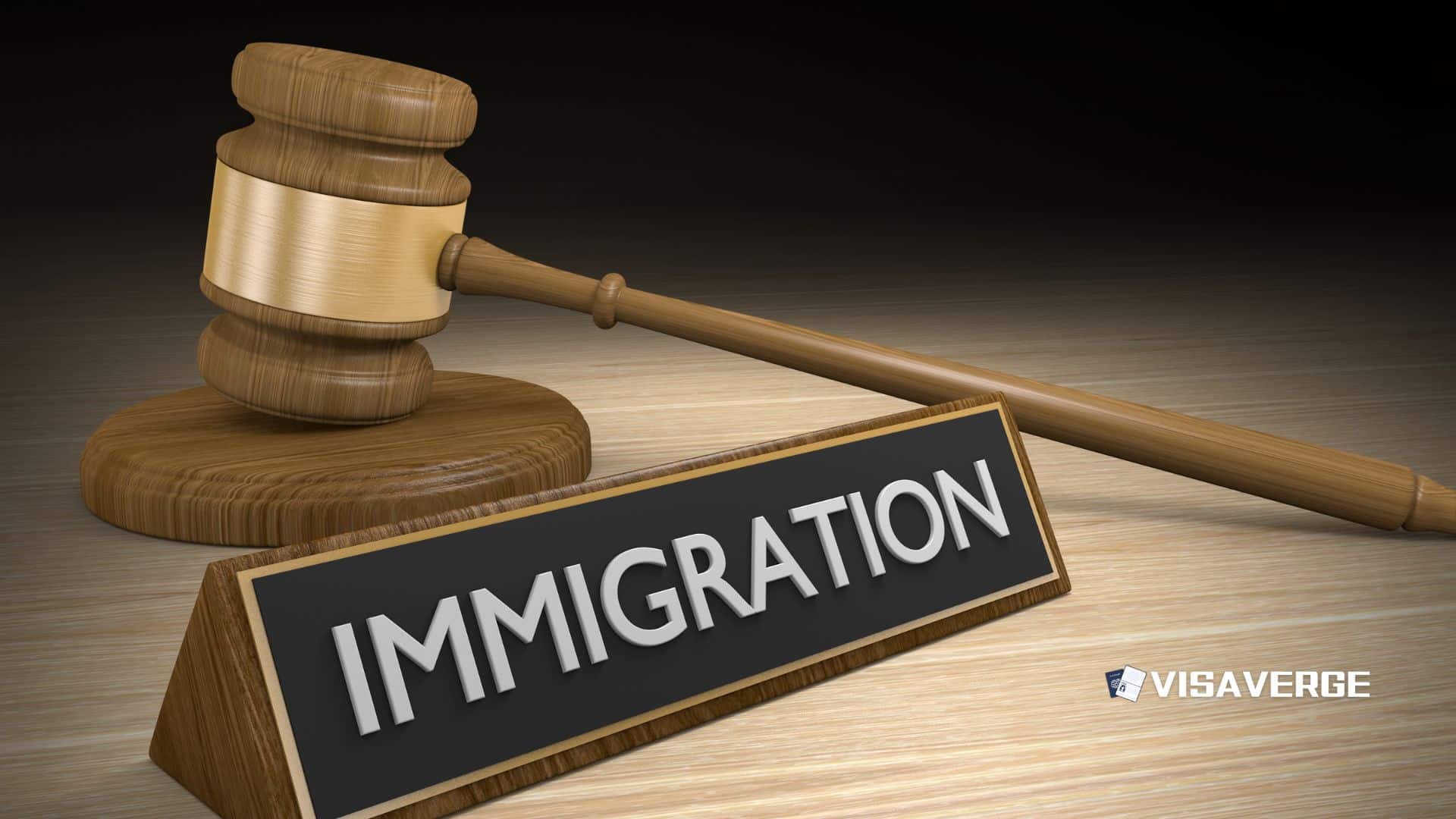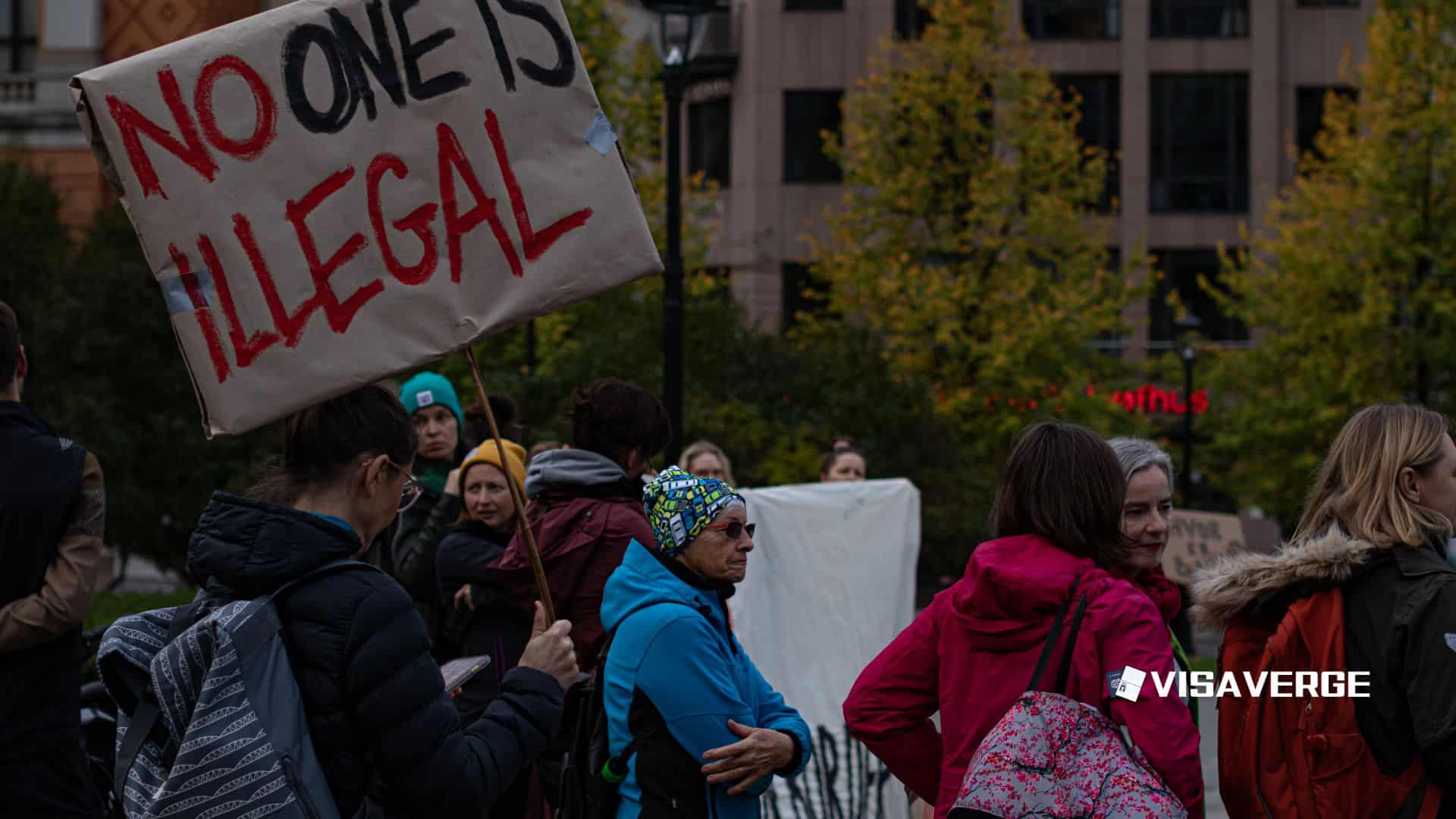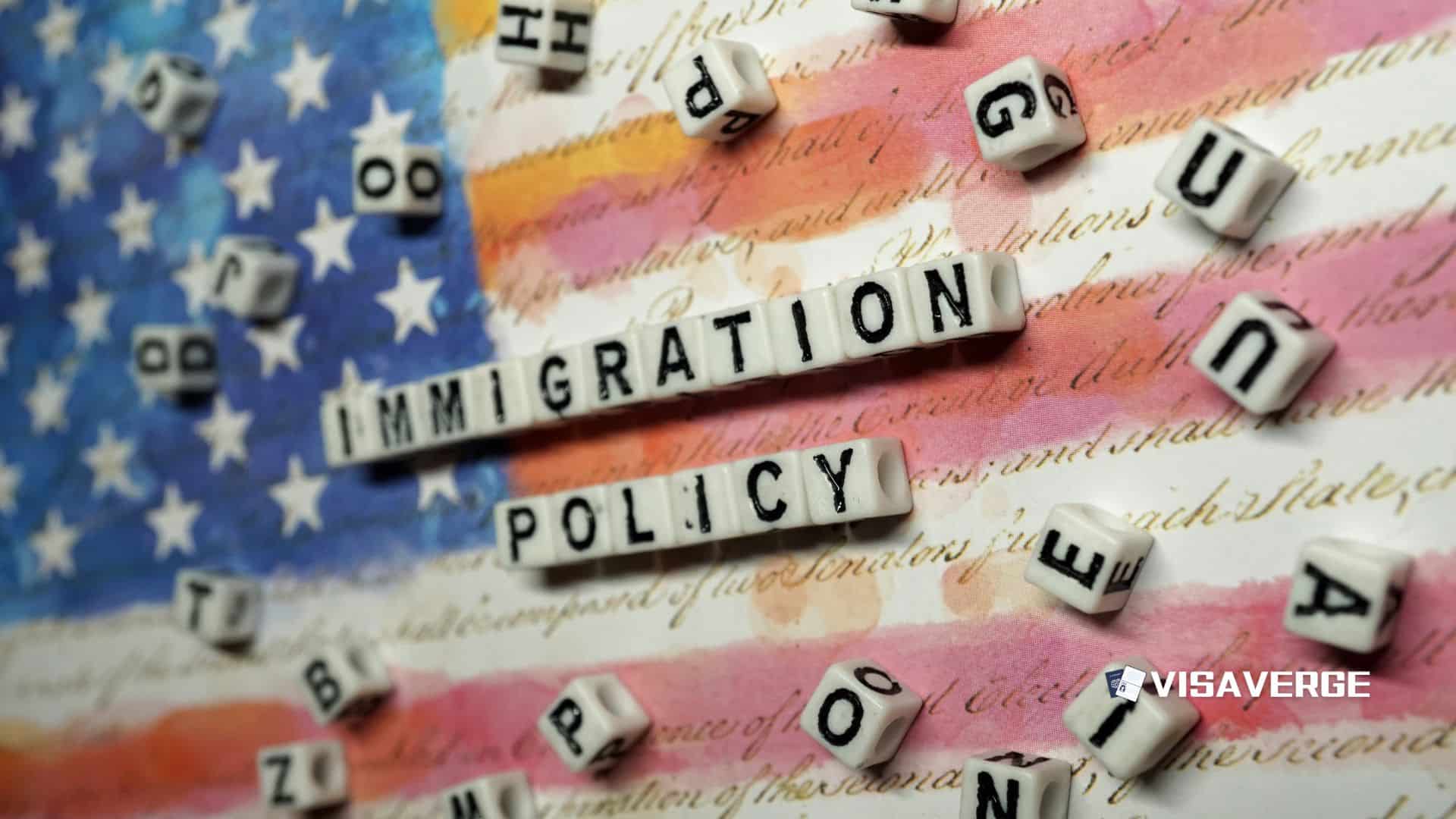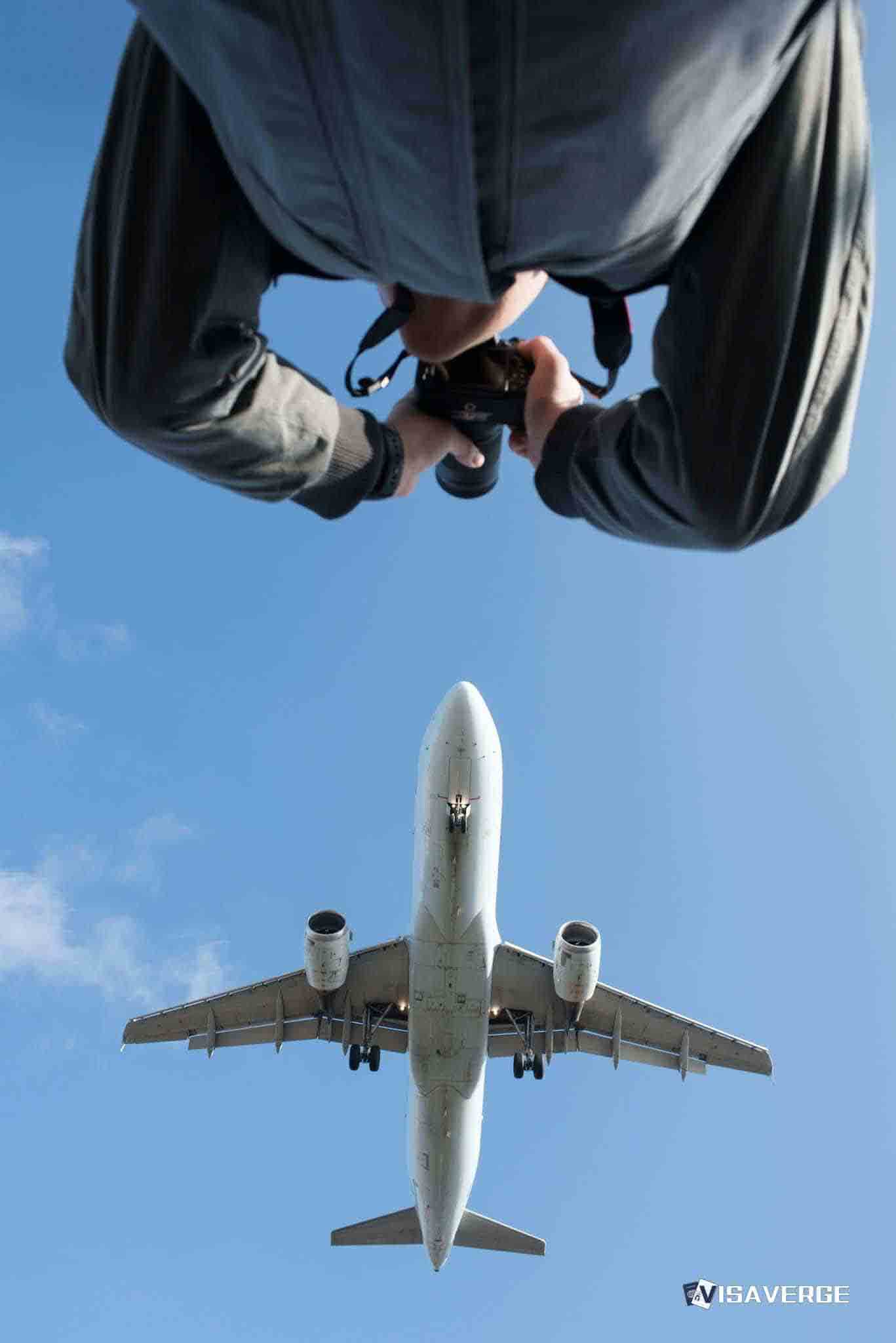(SAN FRANCISCO) Bay Area organizations are ramping up free citizenship help ahead of expected policy debates in 2025, with the next large workshop by the San Francisco Pathways to Citizenship Initiative (SFPCI) set for September 13, 2025. While no federal citizenship law changes have taken effect as of August 21, 2025, demand is rising across the region. SFPCI, the San Francisco Public Library, City College of San Francisco, the Immigration Institute of the Bay Area, and partner clinics and other community groups are adding dates, staff, and online options to help lawful permanent residents file the N-400, practice for interviews, and prepare for the civics and English tests.
SFPCI’s group-processing events bring applicants, volunteer legal teams, and interpreters into one room to complete key steps in a single sitting. At the September 13 event, attendees can receive help with the N-400 application, document review, and mock interviews before submitting their packets. SFPCI also runs smaller computer-based workshops with the San Francisco Public Library and law firms such as Fragomen Worldwide, giving residents hands-on time with forms and checklists.

Expanded workshops, classes, and language access
The Immigration Institute of the Bay Area (IIBA) is running free 12-week citizenship classes both in person and on Zoom, covering English as a Second Language, U.S. history, government, and civics. For details, residents can contact:
- Glen Olson: [email protected], 650-587-1549
- Anthony Moss: [email protected], 707-234-5106
City College of San Francisco (CCSF) continues free, noncredit ESL citizenship courses that focus on English for the naturalization interview, the reading and writing tests, and the 100 civics questions. Classes run on weekdays, evenings, and weekends to match workers’ schedules and support applicants at every stage.
CAIR California hosted a free citizenship clinic on April 18, 2025, at the Islamic Center of San Francisco, providing legal consultations and application help. In San Mateo County, community calendars list ongoing workshops and study groups, with IIBA as a key provider; organizers ask residents to confirm dates and locations directly before attending.
Language access remains a priority. Workshops and classes are available in English, Mandarin, Cantonese, Spanish, and other languages in both virtual and in-person formats. The San Francisco Office of Civic Engagement & Immigrant Affairs (OCEIA) continues to offer multilingual referrals and a Rapid Response Hotline: 415-200-1548.
What attendees can expect (step-by-step)
- Attend a free workshop or class to check eligibility and gather required documents.
- Get help completing the
N-400Application for Naturalization and organizing supporting records; submit only after a trained reviewer checks your packet. - Practice with mock interviews and civics/English test prep to build confidence.
- Track your case and attend your USCIS interview when scheduled.
- Use official USCIS resources:
- USCIS
N-400page: https://www.uscis.gov/n-400 - USCIS Citizenship Resource Center: https://www.uscis.gov/citizenship
- USCIS
Important: Submit your application only after a trained reviewer checks your packet. This reduces errors that can delay processing.
Policy context and community impact
As of August 21, 2025, there are no enacted federal changes to citizenship rules. Still, local agencies are planning for possible reforms that could adjust eligibility, paperwork, or processing times. Program directors have updated lesson plans and outreach so applicants learn today’s requirements while staying ready for any shifts.
According to analysis by VisaVerge.com, the Bay Area’s proactive approach reflects lessons from earlier cycles when sudden federal moves left applicants scrambling for help. Leaders from SFPCI and IIBA report higher attendance at workshops and a flood of questions about eligibility and documentation. The San Francisco Public Library and CCSF have widened resource guides and class schedules in response.
Legal experts watching Congress warn that debate this year could touch fees, eligibility categories, and timelines. Advocacy groups say early preparation matters most for:
- Seniors, especially people 60+
- People with disabilities
- Families with mixed immigration status
To reduce risk, organizations urge residents to gather documents now, attend a class, and consult trusted legal providers about any past immigration or criminal issues before filing.
Local support network and practical resources
The Bay Area’s support network is built on years of public‑private partnerships. SFPCI was created to remove barriers that keep eligible residents from applying, and its 2025 push mirrors earlier periods when local groups expanded capacity to meet sudden demand.
SFPCI updates and sign-ups: sfcitizenship.org
IIBA class sign-ups: iibayarea.org — phone 415-538-8100 ext. 206, email [email protected]
CCSF course options: ccsf.edu — phone 415-395-8601
San Francisco Public Library International Center: 415-557-4430
San Mateo County program hub: smcgov.org/ceo/pathways-citizenship — staff 650-780-7530
For residents with complex histories, quick access to qualified help matters. SFPCI and partner organizations provide screenings to spot red flags before filing and refer applicants to trusted attorneys for one-on-one advice when needed. Services are available for people with disabilities.
Typical timeline and special supports
- Attend a workshop
- File the
N-400 - Complete biometrics, if required
- Wait for the interview and attend when scheduled
Processing times vary by case and location. Organizers advise starting early once residency and language rules are met. Seniors 60+ and residents with disabilities can ask about special classes and supports designed for their needs.
Upcoming SFPCI events, including the September 13, 2025 workshop, are designed to move many applicants through core steps in a single day. Volunteers guide people through paperwork, interpreters help across languages, and legal reviewers check forms before submission — reducing errors and giving first-time applicants a clear sense of the interview and civics test.
Key takeaway: If you meet the requirements, start your application, take a class if you need language support, and use a free legal review before filing the
N-400. Stay tuned to official channels for updates on any federal changes.
This Article in a Nutshell
Bay Area groups expand free N-400 assistance ahead of possible 2025 reforms. SFPCI’s September 13, 2025 workshop offers document review, mock interviews, and on-site filing. IIBA and CCSF provide 12-week classes and ESL civics training. Multilingual services and legal review reduce errors and prepare residents for naturalization interviews and tests.







